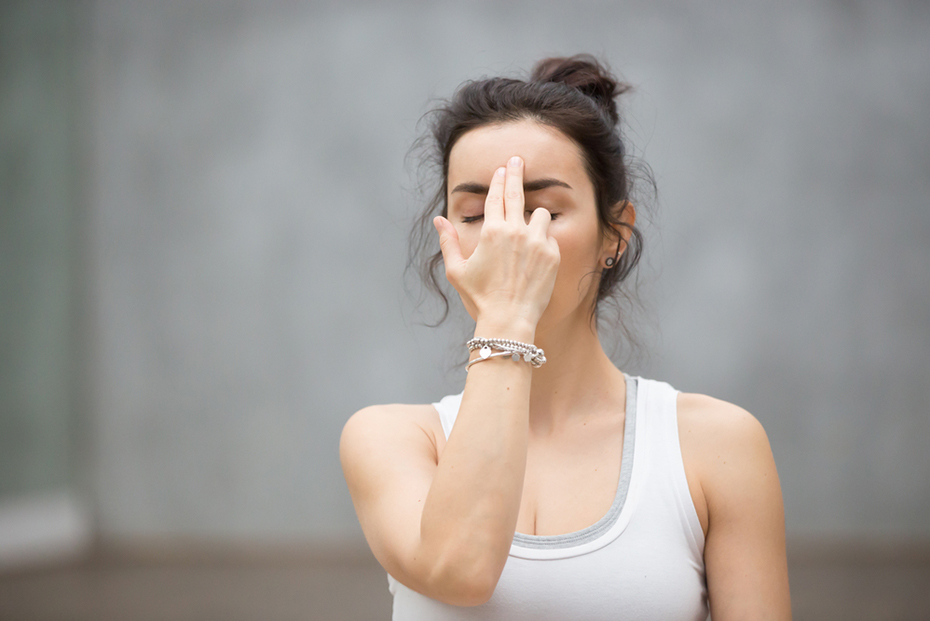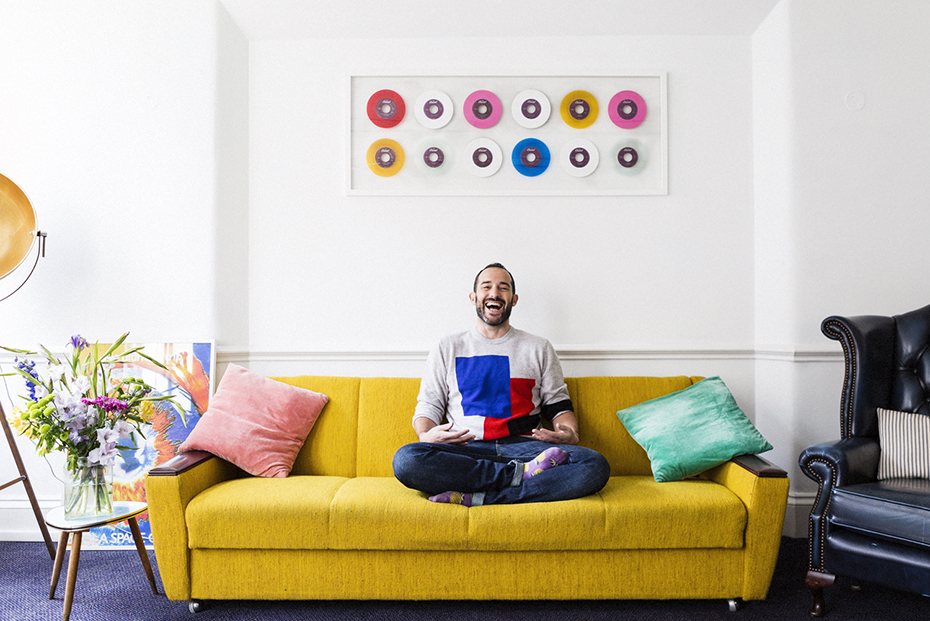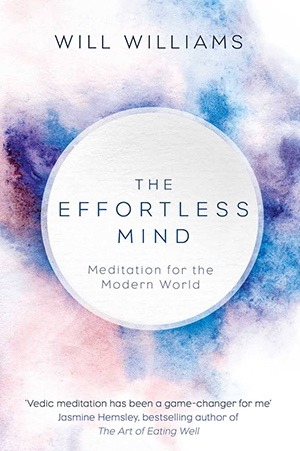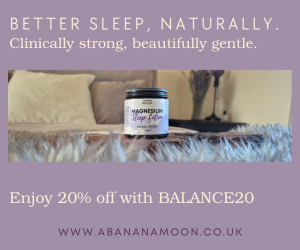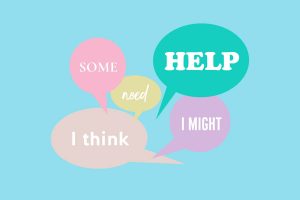What is meditation and how could it change your life?
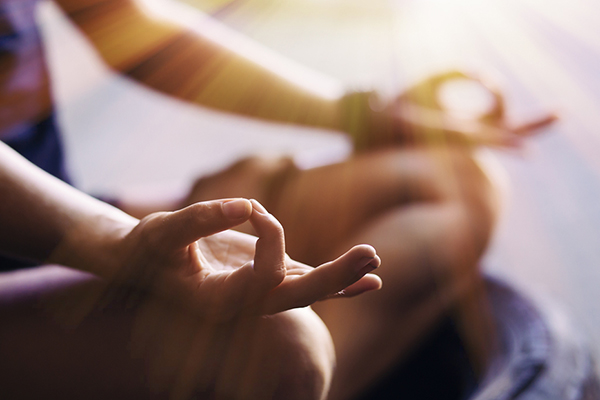
What is meditation?
Broadly speaking, it is any eyes-closed practise that enables you to calm your nervous system down to a level where you can experience deeper levels of benefit from sleep, diet, exercise, learning or creative expression. (Some would argue that there are eyes-open forms of meditation, though I would class those as sadhana, or spiritual practises).
In ancient Indian times, meditation was known as dhyana (pronounced dee-yan) which remains the oldest principle of meditation still alive today. Other cultures followed with their own variations, or came up with different ways of attaining some form of meditative state.
The purpose of dhyana practise is to tune into your deepest essence and be free of the stuff which no longer serves you. To let go of any pain, trauma or baggage which, because it’s rooted in the sub-conscious, you don’t know how to let go of. That’s why ancient Vedic sages of India invested so much energy in coming up with tools that could enable you to do exactly that.
So important was the process of dhyana in their eyes, that it was considered the cornerstone of the eight limbs (key principles) of yoga. The stretchy stuff you do in yoga class, asana, and the breathing techniques you employ, pranayama, were all considered a setup for the main event of dhyana, which aims to help you become a more positive, balanced, constructive and creative person.
What are the benefits of meditation?
Physically
It will improve digestion, cardiovascular function, immune function, sexual functioning, respiratory efficiency and will lead to improved cellular health and regeneration, as well as reducing the number of pesky free-radicals racing around your body, causing unnecessary decay and premature ageing.
Mentally
It will help you feel calmer, more relaxed, better able to make decisions, much more creative, efficient and generally more capable to take on life in a stress-free way.
Emotionally
By calming your limbic system, meditation will help you to be less angry, frustrated and aggressive and it will calm down the chronically activated hypervigilance function that causes us to feel so much anxiety and worry. In its place, there is greater love, compassion, empathy and emotional connection.
Spiritually
It helps you to access a reservoir of wisdom. To become more intuitive and feel more connected to the real you. In doing so, you can then feel more connected to people and the world around you as well as the wider cosmos. It’s a beautiful feeling which brings peace of mind and even more importantly a sense of wholeness to your heart. You feel much more robust and resilient because your sense of self no longer oscillates so wildly with the ups and downs of life.
In Life
You sleep better and more deeply because your nervous system is calmer, helping you to repair and re-energise. You will wake up feeling perkier and your ability to deal with life improves all your relationships. You have more love to give, more attention, more empathy and compassion. You are also far less distracted, so you get on with your work with minimal fuss and the enhanced creativity that comes with practise enables you to find creative solutions to even the biggest problems.
How does it do all of this?
By going to the root of all the pain, stress and trauma that holds you back and accessing your body’s amazing self-healing capabilities to iron them all out. A good technique will do this by calming everything down so you can go into rest and repair mode. Taking you deep enough so that your sub-conscious begins to identify with the beauty of your deepest essence, rather than with feelings of misfortune or being a victim.
Take part in World Meditation Day with a guided meditation guest hosted by Will Williams at Fabric. on May 15, 6.30pm – 11pm.
And join us at Re:Mind, a tranquil space in the heart of London, for two days of guided meditation classes for BALANCE presents #MeditationMay. Choose from three classes on May 12 and 19. Tickets available here.
Find more info and exercises in Will’s book The Effortless Mind, (£14.99, Simon & Shuster).
Read Will’s tips on how to integrate meditation into your daily life here.





